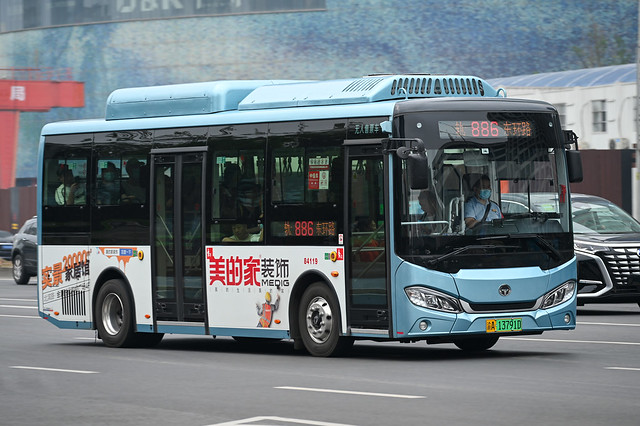Lithium Iron Phosphate Battery: The Ultimate Choice for Energy Storage
Lithium Iron Phosphate Battery: The Ultimate Choice for Energy Storage
Introduction:
In recent years, the demand for efficient and sustainable energy storage solutions has surged. One such groundbre Lithium iron phosphate battery aking technology that has gained immense popularity is the Lithium Iron Phosphate (LiFePO4) battery. This article aims to delve into the manufacturing process, characteristics, advantages, usage methods, and how to select this remarkable prod Lithium iron phosphate battery uct.
Manufacturing Process:
The production of LiFePO4 batteries involves several crucial steps. It starts with sourcing high-quality lithium carbonate and iron phosphate precursors. These materials are then blended together in precise ratios to form a homogeneous mixture. Next, the mixture undergoes a series of chemical reactions including carbon coating and sintering processes to enhance its electrochemical properties. Finally, the treated material is assembled into cells and undergoes rigorous testing before being commercially available.
Characteristics:
LiFePO4 battery stands out amon Lithium iron phosphate battery g its counterparts due to its inherent characteristics. Firstly, it boasts an impressive energy density resulting in higher capacity than traditional lead-acid batteries or other lithium-ion alternatives like Lithium Cobalt Oxide (LiCoO2). Additio Lithium iron phosphate battery nally, these batteries have excellent thermal stability which reduces the risk of fire hazards associated with other chemistries. Furthermore, they exhibit a longer cycle life potential with minimal capacity degradation even after thousands of charge-discharge cycles.
Advantages:
The use of Lithium Iron Phosphate technology offers numerous advantages over conventional energy storage systems:
1) Safety: LiFePO4 batteries are inherently stable and less pro Lithium iron phosphate battery ne to thermal runaway or explosion incidents compared to their counterparts.
2) High Discharge Rates: They can provide high discharge current making them suitable for applications requiring rapid power delivery such as electric vehicles.
3) Wide Temperature Range: LiFePO4 batteries perform reliably across extreme temperatures ranging from -20°C to 60°C ensuring uninterrupted functionality under adverse cond Lithium iron phosphate technology itions.
4) Environmental Friendliness: The absence of toxic materials like cobalt or nickel makes these batteries more environmentally friendly and easier to recycle.
5) Maintenance-free: Unlike lead-acid batteries, LiFePO4 does not require regular maintenance as they are free from issues like water refilling or acid s

pillage.
Usage Methods:
LiFePO4 rechargeable batteries find applications in a wide range of industries including automotive, renewable energy systems, portable electronic devices, and grid-level storage. Electric vehicle manufacturers often prefer LiFePO4 due to their high energy density and longer lifespan. Furthermore, the ability to discharge at higher rates makes them ideal for power tools and other heavy-duty equi Lithium iron phosphate battery pment that demand quick bursts of energy.
How to Select the Right Product:
When selecting a Lithium Iron Phosphate battery, several factors must be considered:
1) Voltage and Capacity: Determine the required voltage output and storage capacity based on your application’s needs.
2) Certification: Look for internationally recognized certifications such as UL1642 or IEC LiFePO4 battery 62133 to ensure the battery meets safety standards.
3) Manufacturer Reputation: Choose products from reputable manufacturers with a proven track record in producing reliable lithium-ion batteries.
4) Warranty: Consider products that offer extended warranty periods as an indicator of quality assurance.
Conclusion:
In conclusion, Lithium Iron Phosphate batteries have revolutionized the field of energy storage with their manufactur

ing advancements and outstanding characteristics. Their superior safety features combined with high performance make them an ideal choice for various applicati Iron-phosphate lithium-ion battery ons ranging from consumer electronics to electric vehicles. By considering important factors during selection such as voltage requirements, certifications, manufacturer reputation, and warranty terms; users can confidently opt for LiFePO4 technology knowing they are making an informed decision towards sustainable energy solutions.
